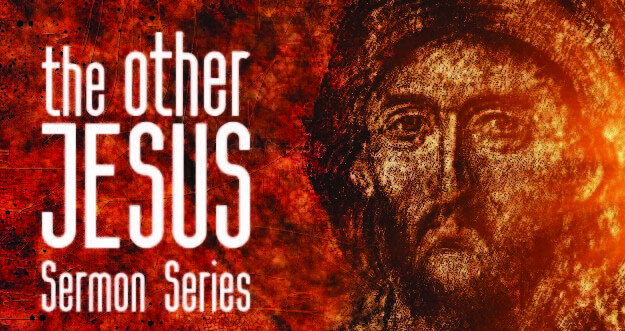Divine Dining March 7, 2026 Devotional
March 07, 2026

I’ve just finished watching the story of J. Paul Getty staring Donald Sutherland. Getty was one of the wealthiest and most unhappy people who ever lived. His story is a living parable of Jesus teaching about wealth. “Do not store up for yourselves treasure on earth,” he instructs, “where moth and rust consume and where thieves break in and steal.” The moth represents the way nature erodes material possessions, with the new becoming old, the fresh outdated, the innovative obsolete. The rust stands for the way time reduces and destroys things. Archaeology is the recovery, from the earth, of precious splendors, long buried and forgotten. Earthly grandeur and wealth, considered against the backdrop of history, is ephemeral. The thief reminds us of the way, within history, much time and life is spent in the protection and defense of acquisitions. Ultimately everything we own is taken from us—except what we “store up in heaven.”
This passage intends to save us from an investment strategy that is financially foolish, emphasizing earthly security and ignoring eternity, rich in things and poor in soul.
Jesus is sometimes portrayed as an idealist, but this teaching is based on a superior realism. Do you agree?
Do you have a strategy for avoiding materialism, the religion of “things”?
FAMILY TIME
What are the signs that show we are investing too much in “earthly possessions”?
March 07, 2026
March 06, 2026
March 05, 2026